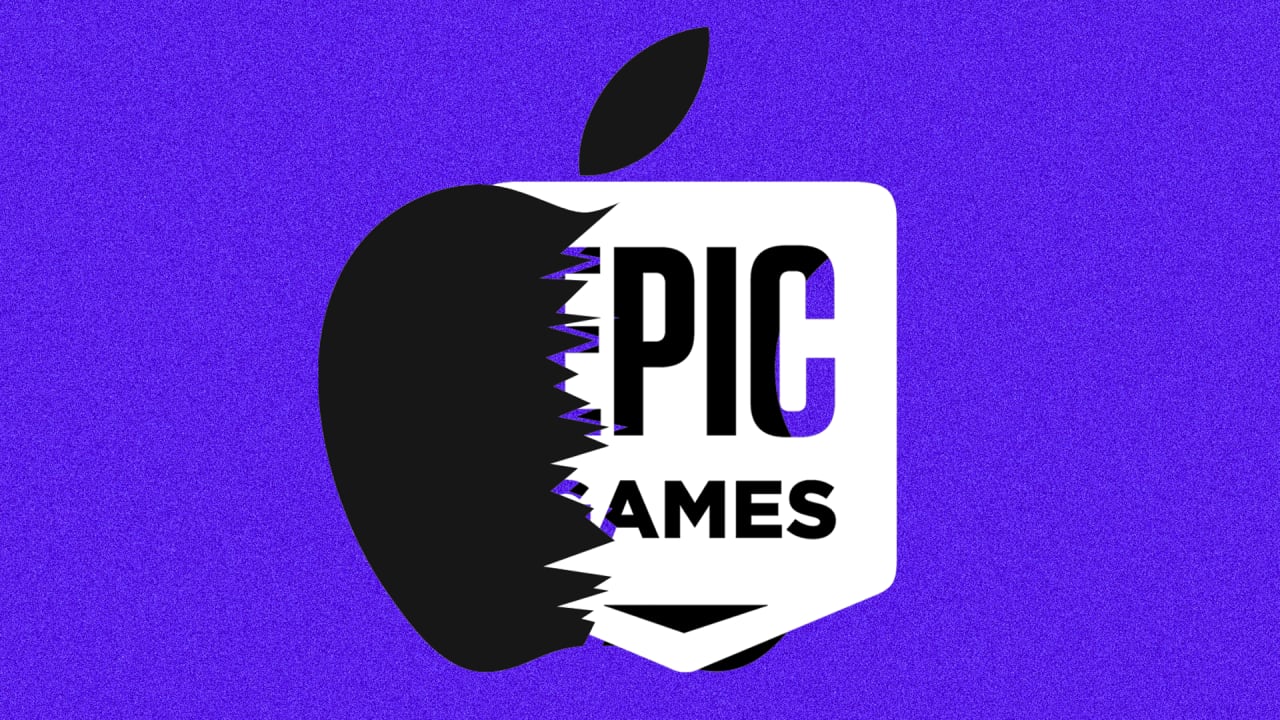No matter who prevails in the Epic Games v. Apple app store antitrust trial, history may see it as just one skirmish in a wider war. Apple has a good chance of winning. Current antitrust laws—which are ancient—as well as decades of jurisprudence in U.S. courts make it very hard for plaintiffs to win antitrust cases. But Congress is now considering reigning in the monopoly power of companies like Apple through changes to antitrust laws or even through direct regulation of app marketplaces. Indeed, my sources in Congress say lawmakers are watching Epic v. Apple , which is expected to wrap up this week in a federal court in Oakland, California, with great interest. Both the House antitrust subcommittee (led by Democratic Congressman David Cicilline of Rhode Island) and the Senate antitrust subcommittee (led by Democratic Senator Amy Klobuchar of Minnesota), have held hearings on app distribution through Apple’s App Store and Google Play. During those hearings, app developers complained about the strict rules they must abide by in order to be listed in the App Store, which is virtually the only way developers can access the huge worldwide market of iOS device users. In the U.S., more than half of all mobile devices run iOS, and studies show iOS users spend far more money on apps and in-app purchases than other mobile users. Apple requires that apps use the App Store’s in-house payment system to sell goods or services within their apps, and it charges developers a commission of up to 30%. App developers are prohibited from selling their apps and many forms of digital services to iOS users any other way. Here’s the language from Apple’s own developer guidelines document: “Apps may not use their own mechanisms to unlock content or functionality, such as license keys, augmented reality markers, QR codes, etc. Apps and their metadata may not include buttons, external links, or other calls to action that direct customers to purchasing mechanisms other than in-app purchase.” Apple, of course, makes its own apps, such as Apple Music, and can give them better visibility within the App Store than competing apps from third-party developers. (Search for “Music” in the App Store, and Apple Music, not Spotify, is the top result.) Developers are urging Congress to pass a law that limits the “gatekeeper” power of companies running app stores. Epic complained of all of these things in the courtroom in Oakland but, at least in light of past court decisions, Apple has a compelling defense.

The rest is here:
In Epic case, Apple might win the battle and lose the war